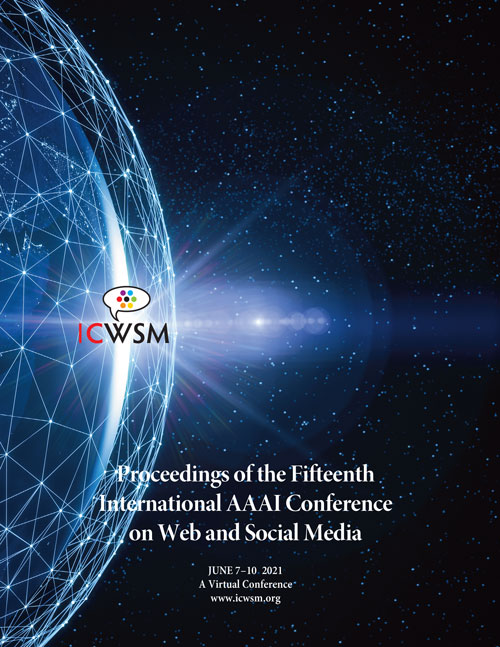Political Bias and Factualness in News Sharing across more than 100,000 Online Communities
DOI:
https://doi.org/10.1609/icwsm.v15i1.18104Keywords:
Qualitative and quantitative studies of social media, Credibility of online contentAbstract
As civil discourse increasingly takes place online, misinformation and the polarization of news shared in online communities have become ever more relevant concerns with real world harms across our society. Studying online news sharing at scale is challenging due to the massive volume of content which is shared by millions of users across thousands of communities. Therefore, existing research has largely focused on specific communities or specific interventions, such as bans. However, understanding the prevalence and spread of misinformation and polarization more broadly, across thousands of online communities, is critical for the development of governance strategies, interventions, and community design. Here, we conduct the largest study of news sharing on reddit to date, analyzing more than 550 million links spanning 4 years. We use non-partisan news source ratings from Media Bias/Fact Check to annotate links to news sources with their political bias and factualness. We find that, compared to left-leaning communities, right-leaning communities have 105% more variance in the political bias of their news sources, and more links to relatively-more biased sources, on average. We observe that reddit users’ voting and re-sharing behaviors generally decrease the visibility of extremely biased and low factual content, which receives 20% fewer upvotes and 30% fewer exposures from crossposts than more neutral or more factual content. This suggests that reddit is more resilient to low factual content than Twitter. We show that extremely biased and low factual content is very concentrated, with 99% of such content being shared in only 0.5% of communities, giving credence to the recent strategy of community-wide bans and quarantines.Downloads
Published
2021-05-22
How to Cite
Weld, G., Glenski, M., & Althoff, T. (2021). Political Bias and Factualness in News Sharing across more than 100,000 Online Communities. Proceedings of the International AAAI Conference on Web and Social Media, 15(1), 796-807. https://doi.org/10.1609/icwsm.v15i1.18104
Issue
Section
Full Papers

